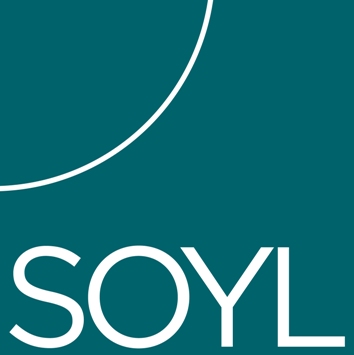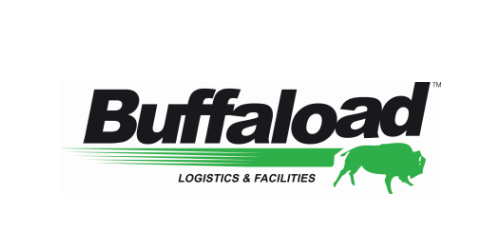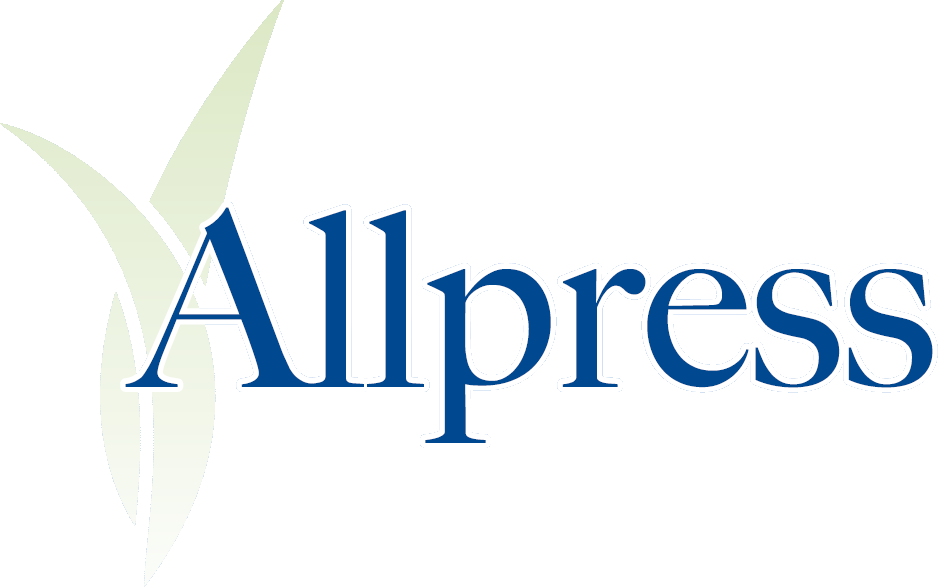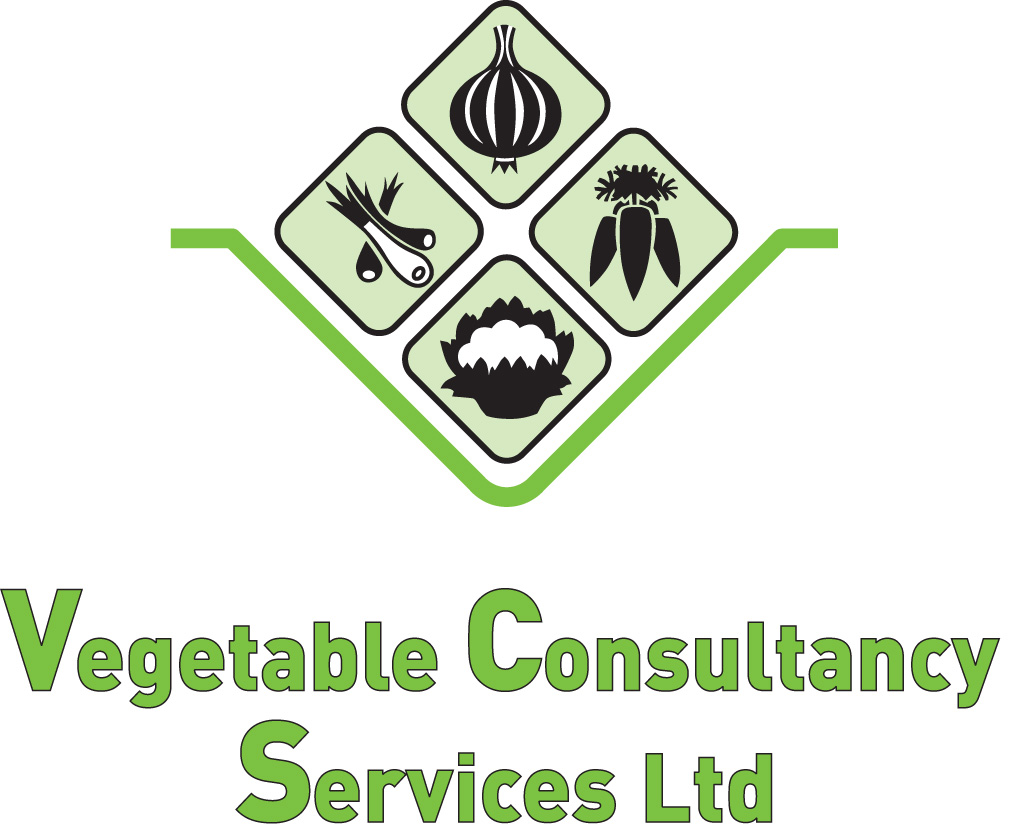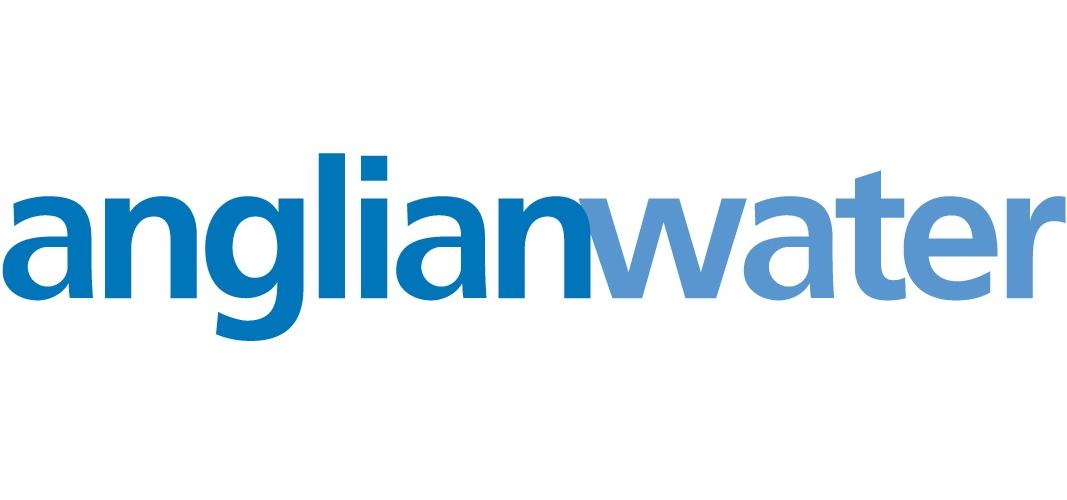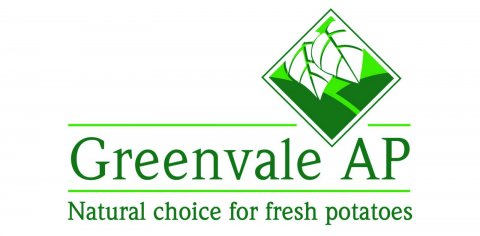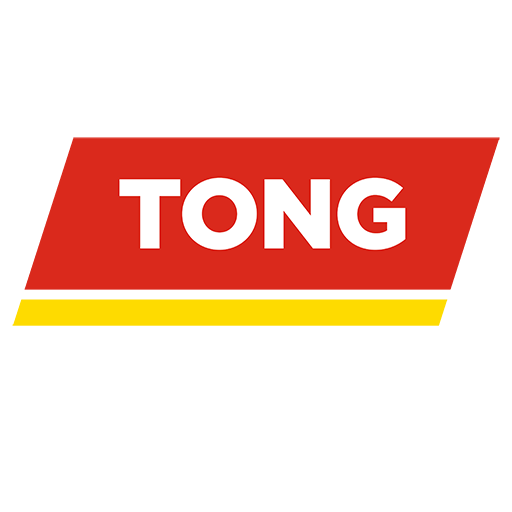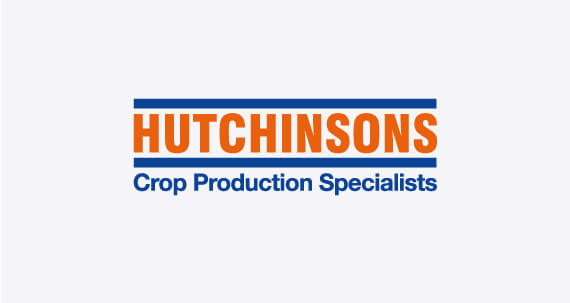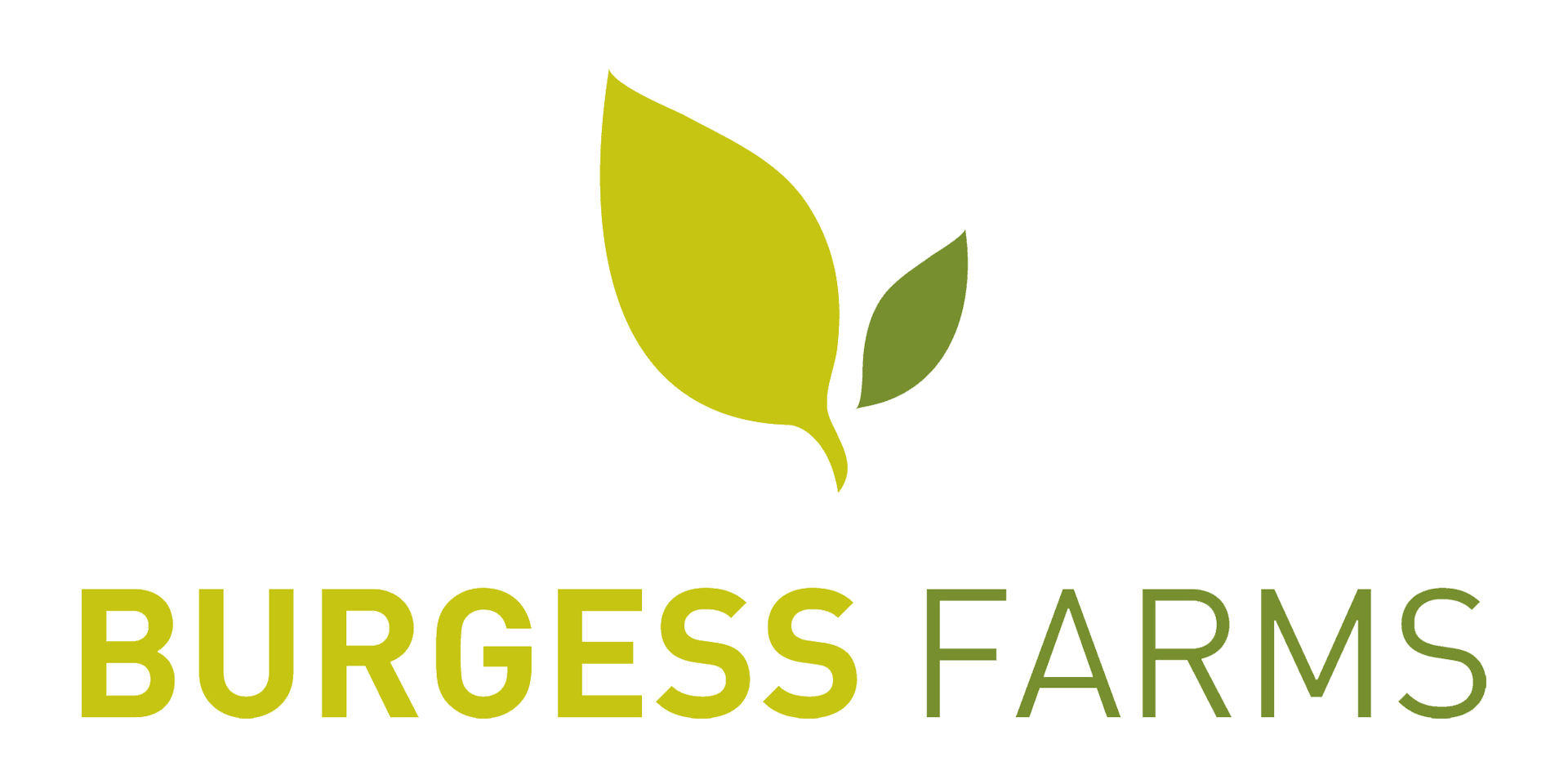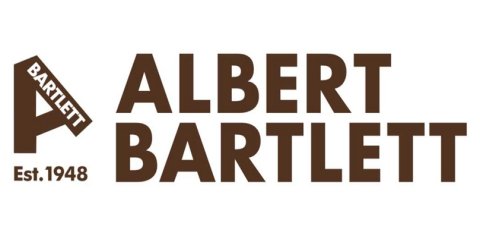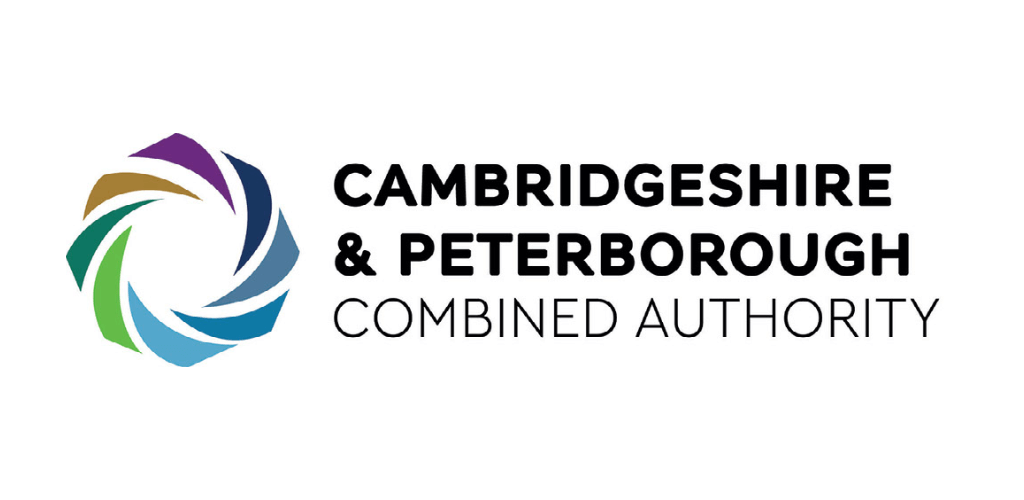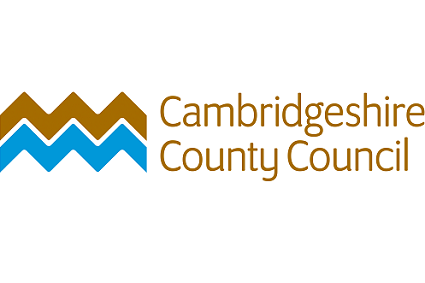Fenland SOIL are pleased to announce that we have been awarded a £499,657 grant from the Environment Agency as part of the Lowland Agricultural Peat Water Discovery Pilot (LAPWDP). The grant scheme aims to facilitate the regeneration of evidence that supports responsible farming in lowland agricultural peat by promoting a shift in peatland water management practices.
The project will cover the Whittlesey, Holmewood and Connington and Holme IDBs, with an area totalling 27,305ha. The peat soils in these IDBS are highly variable, ranging from extremely depleted, to some of the deepest lowland peat in the region with as much as 20 feet of peat. Because of this, the project area presents as an ideal study area for the LAPWDP project, as a key strategic area for developing a plan for alternative management of lowland peat catchments. These IDBs are also within close proximity of The Great Fen Project and is an opportunity to create an increase in engagement with farmers who are situated around the project using a new technique.
Fenland SOIL applied for the grant to begin to address some of the practical barriers to the implementation of peat water level management changes within lowland catchments. We will bring together a cross industry team with landowners, managers, drainage experts, academics, service providers, planners, catchment groups and environmental NGO’s all taking part across the project and producing several case studies. These case studies will help to inform and fill in key knowledge gaps that will help to overcome the barriers to the restoration of lowland agricultural peat. Fenland SOIL will act as a facilitator to ensure the collaboration between organisations to tackle the barriers.
The project will utilise local expert knowledge, building upon previous work by Fenland SOIL, to create codesigned plans at catchment scale, helping to identify new opportunities for land management to prevent further soil degradation whilst ensuring all water management, food security and ecosystem services needs are balanced. It will focus on several technical elements, including water quality risks and mitigation, water availability and storage, water control and movement, opportunities for nature-based solutions, catchment scale integrated water management, a mosaic approach to land use planning, impact and opportunities for biodiversity and opportunities for existing and future ELM options.
The project will cover five work packages with key partners to address the barriers to raising the water table. WP1 will build upon previous work carried out by Fenland SOIL in the Natural England NCPGS Discovery Grant work and alongside our current Paludiculture Exploration Fund Project by developing Land Management Mosaic opportunity maps. WP2 will explore the future of water movement, management and storage for the Pig water/Farcet Nene watercourse. The case study will provide learning opportunities that can be applied to other watercourses in the area. WP3 aims to understand the soil hydraulics of deep shallow and wasted peat soils, as understanding hydraulic functioning of lowland agricultural peat soils will be crucial to enable the design of optimal water management structures required to raise water levels at field scale. WP4 will address the current barriers to raising the water table in lowland agricultural peat where there is a lack of data allowing for precise models of the districts. WP5 aims to understand the impact of drainage ditch reprofiling on biodiversity, by studying areas that have previously undergone the widening and reprofiling of drainage ditches in areas of lowland agricultural peat.
We look forward to sharing updates on this project throughout the year, and a full report on findings from opportunity mapping will be released in January 2025.
Thank you to our project partners for working with us to deliver this exciting programme of works.










